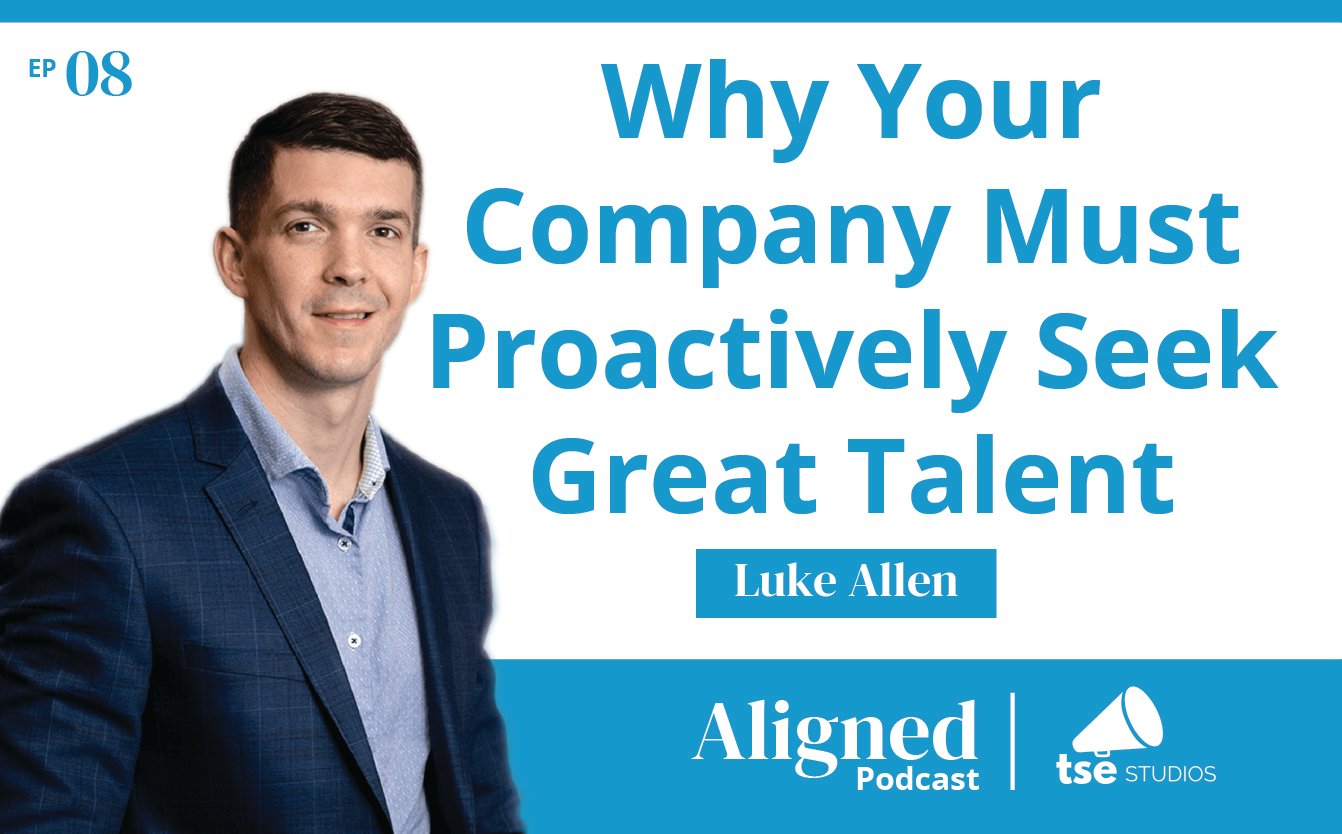The Importance of Proactively Seeking Great Talent
Written by FitzMartin

Proactive attraction of talent is crucial. While this might seem simple, a lot of companies do not implement this strategy.
If you lose a talented employee on your sales team, how do you replace that person without it having an impact on business? Particularly for sales teams, if one of your members has vast expertise in one subject, their leaving can be difficult to navigate and also create a single point of failure. Single points of failure can be massive risks.
To avoid this, first, you must take an assessment of your team and what the different roles are. Then you must proactively begin to build a network with people within your company’s industry or outside of your company’s industry, of people who fit the culture, talent and expectations that you have. Consider courting those people even when your company doesn’t have immediate openings. It can put your business at a better advantage to start having conversations with employees at other companies that share your company’s same values, before a job opening comes up. A lot of companies wait until an opening to begin the search and it’s not the best way to hire good, talented people who are going to fit into your sales culture. Staying in touch with people you have interviewed but couldn’t hire and developing relationships with those candidates puts your company ahead of the game when it comes to retaining sales talent.
So, what are the triggers for A-performers and what triggers millennials or a different generation person? It comes down to discovering what is important to that specific person. For some, it’s money, and with others, culture can be a major part of this. Questions often arise with employees like, ‘what is your development plan for me?’ and ‘what is your long term strategy for me at this company?’ In today’s world, this is a major part of what employees are looking for. Why should they come to play for your team versus the other? What makes your company a better long term fit for their career and life?
Another question to ask is what are the personal, financial, and strategic ‘pains’ of your employees? Many employers focus on the financial that they lose sight of the personal and strategic ‘pains’.
When a company has a great culture, you typically have very strong, transparent and open communication. When people don’t talk to you about what’s going on in their lives, you have a blind spot that you can’t protect your business from. By being able to anticipate those changes, your company is able to avoid significant hiring costs, consultancies, and downtime as a result of vacancies. Developing direct-reports with those people will naturally strengthen your organization.
To learn more about the importance of proactively seeing great talent you can listen to the full podcast episode here.